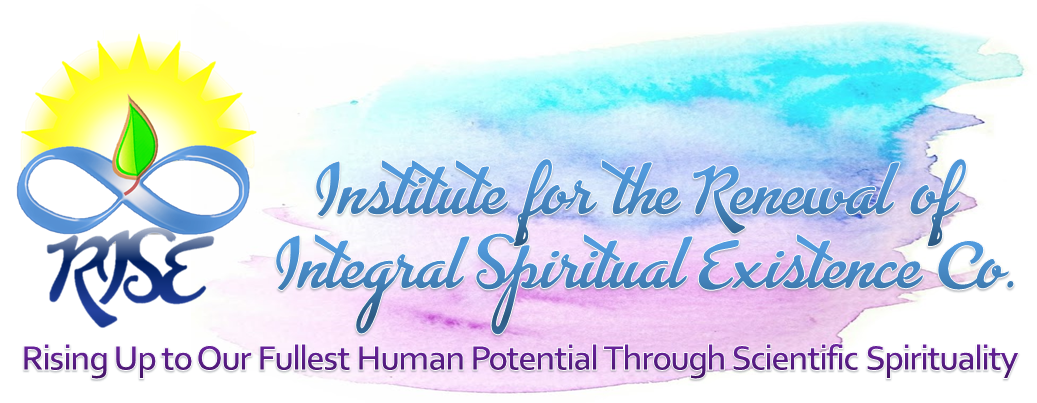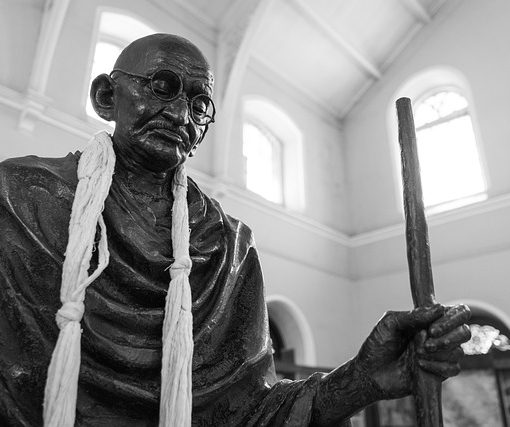The article explores the influence of Blackfoot culture on Abraham Maslow’s theories, particularly his Hierarchy of Needs. It highlights Maslow’s transformative experience during his time with the Siksika people in 1938, where he observed a community characterized by cooperation, generosity, and high levels of life satisfaction, contrasting sharply with the individualism prevalent in Western society. The author argues that while Maslow’s model emphasizes individual self-actualization as an achievement, Blackfoot beliefs suggest that self-actualization is inherent and nurtured within a communal context. This perspective challenges traditional materialist views in psychology and underscores the importance of community in meeting human needs, suggesting that a more holistic understanding of well-being could emerge from Indigenous wisdom.
Editor’s Note: This article is important because it shows us a more wholistic view of Abraham Maslow’s unpublished revisions to his hierarchy of needs theory. The Blackfoot worldview has significantly expanded and enriched our understanding of human motivation and self-actualization. While Maslow’s model emphasized a linear progression through basic to higher-level needs, the Blackfoot worldview shows us the limitations of this rigid structure, a fact that has been confirmed by the current state of our society. By failing to characterize and include in his work the depth of the Blackfoot wisdom, Maslow let go of his unique opportunity to transform our understanding of human needs, success, and community. This article is also proof of the extreme pressure to conform scientists and researchers are subjected to.
Perhaps one of the most significant addition to Maslow’s theory is the conceptualization of self-actualization to include “self-transcendence” – the desire to connect with something beyond the individual self, such as spiritual enlightenment or service to others. This reflects a more holistic view of human motivation, acknowledging the profound role of meaning, purpose, and a connection to the divine.
By embracing the fluidity and complexity of human needs, the additions from the Black Foot Nation open up new possibilities for understanding and supporting personal and societal well-being. They encourage a more holistic approach that considers the interplay of individual, social, and even spiritual factors in the journey of human development and self-actualization. [Also read Being Present, Creating Meaningful Memories: The Key to a Fulfilling Life,
Read Original Article
Read Online
Click the button below if you wish to read the article on the website where it was originally published.
Read Offline
Click the button below if you wish to read the article offline





